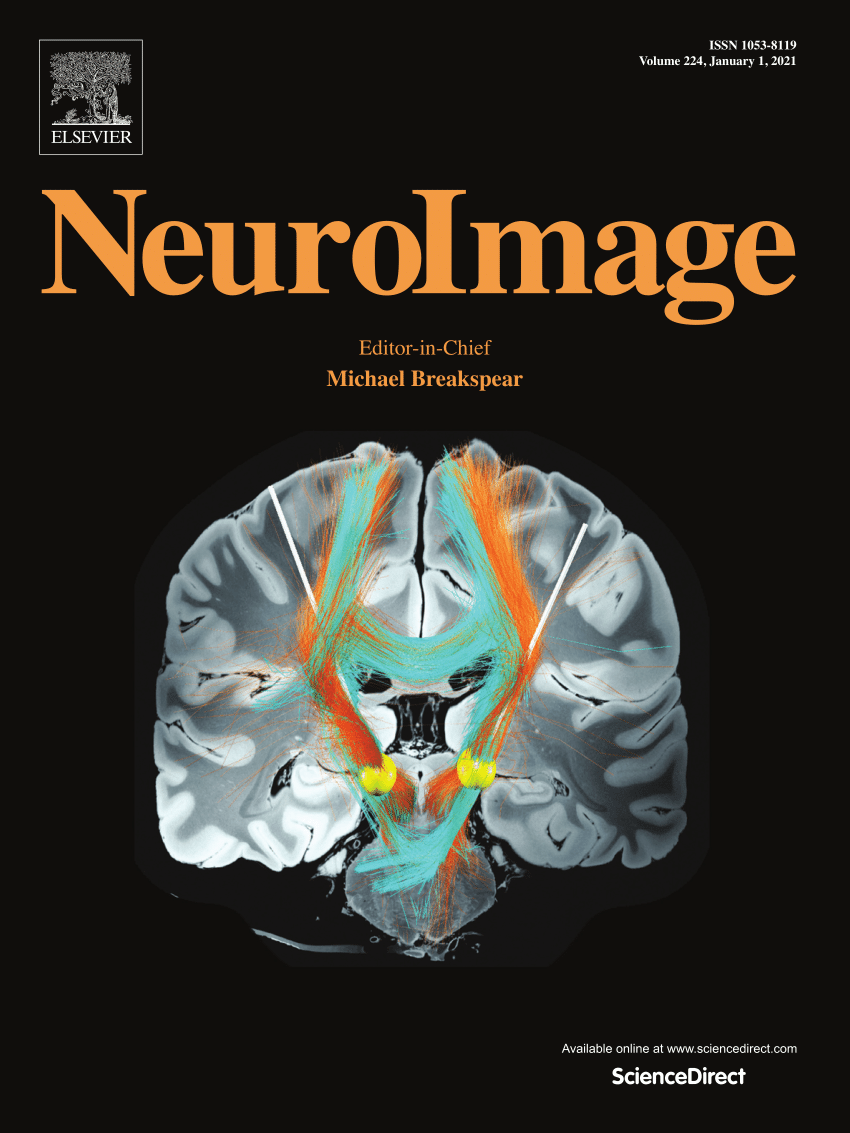Neural signatures of acute stress on the intention and outcome in third-party punishment: Evidence from univariate and multivariate analysis
IF 4.7
2区 医学
Q1 NEUROIMAGING
引用次数: 0
Abstract
Third-party punishment, a crucial element of prosocial behavior, involves individuals penalizing wrongdoers who harm the interests of others, even when their own interests are unaffected. Considering that third-party punishment behavior frequently arises in acute stress situations, understanding how stress influences such behavior is important. By using a modified economic game paradigm, this study investigates the impact of acute stress (induced through the Trier Social Stress Test) on the intention and outcome factors in third-party punishment, encompassing both behavioral and neural responses. Moreover, in addition to the conventional univariate activation analysis utilized in previous research, we also implemented multivariate pattern analysis (MVPA). On a behavioral level, participants displayed an increased inclination to allocate more tokens for punishing the dictator in scenarios involving unfair intentions or outcomes, and acute stress heightened the participants' sensitivity to the fairness of both intention and outcome. At the neural level, both univariate and multivariate analyses highlighted the crucial role of Theory of Mind (ToM)-related brain regions and the dACC in processing information related to intention and outcome. The MVPA further revealed distinctive neural activation patterns influenced by acute stress, particularly in the processing of intention. Specifically, brain regions within the ToM-related network showed an enhanced ability to differentiate between fair and unfair intentions in the stress group. Our findings suggest that stress has the potential to sensitize individuals to moral awareness during interpersonal interactions by facilitating perspective-taking and intentional attribution.
求助全文
约1分钟内获得全文
求助全文
来源期刊

NeuroImage
医学-核医学
CiteScore
11.30
自引率
10.50%
发文量
809
审稿时长
63 days
期刊介绍:
NeuroImage, a Journal of Brain Function provides a vehicle for communicating important advances in acquiring, analyzing, and modelling neuroimaging data and in applying these techniques to the study of structure-function and brain-behavior relationships. Though the emphasis is on the macroscopic level of human brain organization, meso-and microscopic neuroimaging across all species will be considered if informative for understanding the aforementioned relationships.
 求助内容:
求助内容: 应助结果提醒方式:
应助结果提醒方式:


